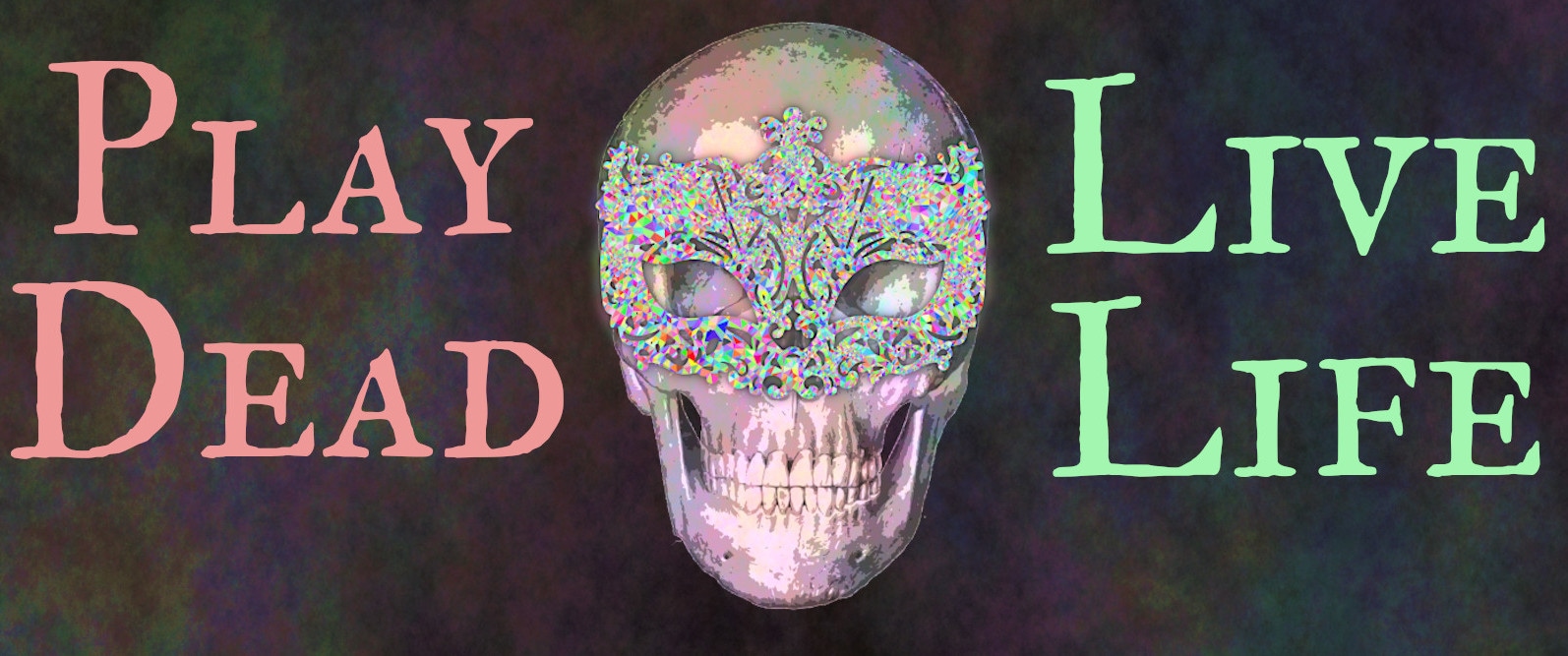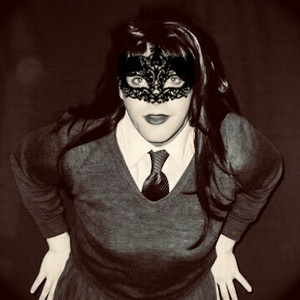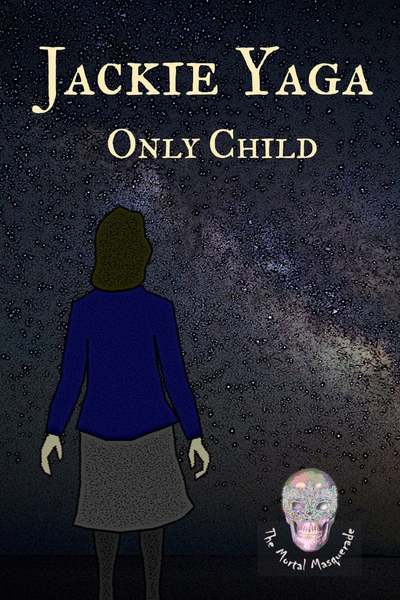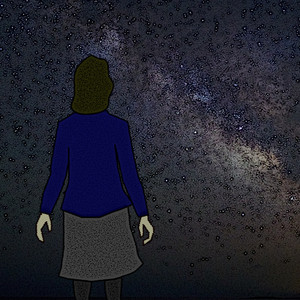Steph and I worked in banking and finance. A lot of people found it disingenuous that a liberal, festival-loving couple like ourselves would choose careers in a capitalist institution, noting in particular that we accepted larger than average salaries for doing so. Well, here is our defence.
First of all, we have never claimed to be anti-capitalist. Capitalism in its purest sense is about providing the means and incentive to put things in the world that otherwise wouldn’t be there. It is as prone to corruption, abuse and bad faith as every other human pursuit, but that is more due to the darkness of human nature than any particular paradigm. We went about our professional lives with as much ethical integrity as we could, protested injustice when we saw it and donated time and money to charities as and when we saw fit, but we never believed we could change any more of the world than we were in direct contact with.
In terms of the salaries we drew, money for us was always a means to an end. Saving enough for money not to be a problem was how we were able to devote ourselves to Triana’s education, take a cut in our work schedules and still be able to give her the homeschooling experience she needed, including specialist tutors. We still had to set plans and priorities and were careful not to waste money, but we never cared much about social standing, status symbols or competitive careering – we just did our jobs as best we could, then went home satisfied that we could lead the lives we really wanted without being forced to compromise through financial need. We had colleagues who were entirely motivated by financial gain, treating their personal wealth like high scores in a game where any means of winning were justified, but Steph and I were never like that, we were happy doing the jobs those people thought beneath them. As it turned out, those jobs generally involved meeting customers and actually caring about their lives, which gave us a perspective on people and money which went over the heads of the power suit mob.
Imagine for a moment you won the lottery and had the money you needed to live your dreams. What would that look like, and how much would it actually cost? You’d probably want to buy your dream home and certain possessions you always wanted, to see friends and family members looked after, maybe travel and help others in need, but if your ideas are too open ended no amount of money would actually be enough. This is why so many big lottery winners end up broke; they land on a windfall sum higher than they can conceive so treat it as infinite, not realising what they actually want until it’s too late. When life’s obstacles are removed, so are the incentives to prioritise and rise above.
Here’s what you’re not meant to openly say about economics: the complex mathematical systems that make the system operate are messy, chaotic and frequently make no sense on the way to delivering a total at the bottom so everyone can keep doing business. Human error is built into the system just as much as mathematical certainty; accounts are opened and closed, some make money, many more descend into unrecoverable debt fit only to be sold on. A privileged class can count on favourable loans higher than most people will ever see even after squandering similar sums, institutions collapse entirely, others are rescued by government bailouts. Throughout it all, unrepentant criminals thrive while good, honest people are thrown to the wolves. But somehow the net result is that money keeps moving around, people keep working and life goes on. The system is cold, brutal and creates at least as much suffering as it does comfort, but that makes love and compassion all the more valuable, wherever you are able to find or dispense it.
As part of Triana’s homeschooling we told her all about our careers and studies, how we’d met when working for the same bank out of university and the jobs we’d done along the way in high street branches and the main office. We used our own careers to model the process of writing a CV and applying for jobs. And along with the technical principles of our profession, we showed her photos of ourselves and our colleagues taken at work at various times.
Triana was particularly taken by a newspaper cutting from a charity event where Steph and a couple of her coworkers had sat in a bath of baked beans, taken when David (as he was then) would have been about four. He’d been with me in the crowd as we watched his mother take her messy dip outside the bank branch she was a teller at.
“I remember this,” said Triana. “I didn’t really know what was going on, but I think I found it funny. It makes no sense as an act of charity, though.”
“How so?” asked Steph.
“First of all, what was the charity? I hope it had nothing to do with starving children, because there you are wasting a ton of food. How many tins of beans went into that bath?”
“Quite a lot,” said Steph. “They were donated by a local supermarket, old tins they couldn’t sell and had to throw out anyway.”
Triana inspected the picture and nodded.
“Ah, yes. There’s their logo on the back board, next to the name of the bank and the charity. In the newspaper. So it worked well as an advertising stunt, at least.”
“Yes, there was a PR aspect,” Steph admitted, “but it also drew attention to the charity and we raised well over a thousand pounds doing it, which we matched in a formal donation. We had other programs to donate money to good causes as well, and we personally have always made donations when we could. Silly stuff like this is mostly about associating charity with something fun so it’s not just begging and sad stories.”
“So you enjoyed doing it?”
“Yes, I did. It was cold and daft, but I don’t mind getting messy, it gave everyone a break from serious business and put a little more energy into all our lives. Here we are still talking about it years later.”
“Would you have done it if it wasn’t for charity?”
Steph thought for a moment before answering. “Maybe,” she confessed. “But doing it for a good cause made it feel better, it brought positive energy to the whole thing.”
Triana began a scrapbook project searching newspapers, magazines and the internet for examples of eccentric, bizarre and ridiculous things people did for various reasons. She categorised them in sections marked “attention / publicity”, “therapy”, “belief” and “fun”, writing a large C on entries that were sponsored events for charity and R for record attempts. I asked her why charity events didn’t have their own section.
“Because when someone does something crazy for charity, most of the time it fits into one of the other sections first,” she explained. “The charity part is like moral permission to do something you wanted to on some level anyway, like Mum’s baked bean bath.”
Steph was a little embarrassed by that being Triana’s takeaway from her fundraising stunt, but couldn’t be bothered arguing the point.
We helped Triana with her web searches so we could subtly steer her away from anything too kinky or fetishistic; she was after all still a child and we didn’t want her opening the can of worms of what people do for sexual reasons. Her understanding of sexuality had a special kind of innocence, complicated on account of her still having male genitalia.
It was clear that David had ceased to be the day he became Trianna, but while seeing herself entirely as a girl Trianna didn’t seem to care very much about what lay beneath her skirts. We had asked her doctors about whether she’d need hormone replacement or gender reassignment treatments, but Triana was quite happy for the time being and we didn’t want to push her into full transition for the sake of it. When we taught her about the birds and the bees she approached it like just another science lesson and saw no necessary connection between sex and gender, pointing to examples of third genders and androgynous people she’d found in cultures throughout world history. When we asked about how she imagined herself if ever she started a family of her own, her answer had a certain beauty to it.
“I’d be daddymummy, mummy two or mummy one, depending on what my partner wanted,” she said.
“How do you imagine your partner?” asked Steph.
“Well, they’d need female parts if we were going to make a baby together, but I can’t tell you what their gender would be. Even if they didn’t have female parts we could adopt, just as with any other issue that stops couples conceiving. What really matters is love, you and Mum taught me that.”
As part of her Astronomy studies, we took Triana on a trip to a proper observatory in the Northumberland moors, where she’d be able to see through a full size telescope beneath a dark sky free from the light pollution of the city. It was an incredible experience for all of us – we saw the galaxy sweeping across the sky the instant we looked up and were guided towards astral sights Steph and I never knew existed. Triana treated it like someone finally visiting a city they’d studied all their lives but never actually set foot in, finding familiar items and patterns in every part of the sky she looked at. She looked completely in her element; inspired, confident and deeply, deeply happy. It was early in the morning when we got in the car to head home, with Triana dozing peacefully in the back seat on a cold February night. The motorway glowed silver from the winter moon and the only other traffic was the occasional night freight lorry.
I didn’t remember getting home, but when Steph and I woke up the next day everything felt different somehow. We were in our own bedroom, we knew who we were and that we were a family, but other memories were suddenly hazy, including where we worked. I saw our work suits hanging up in the wardrobe, but couldn’t for the life of me remember the name of the bank we’d worked at for over thirteen years.
Triana rushed into the room in her pyjamas. She was highly agitated as if waking from a nightmare and looked at Steph and I with a mixture of relief, amazement and sorrow. She ran over to the bed and hugged us both.
“You’re here too,” she said. “That means… oh, Mum, Dad.”












Comments (0)
See all